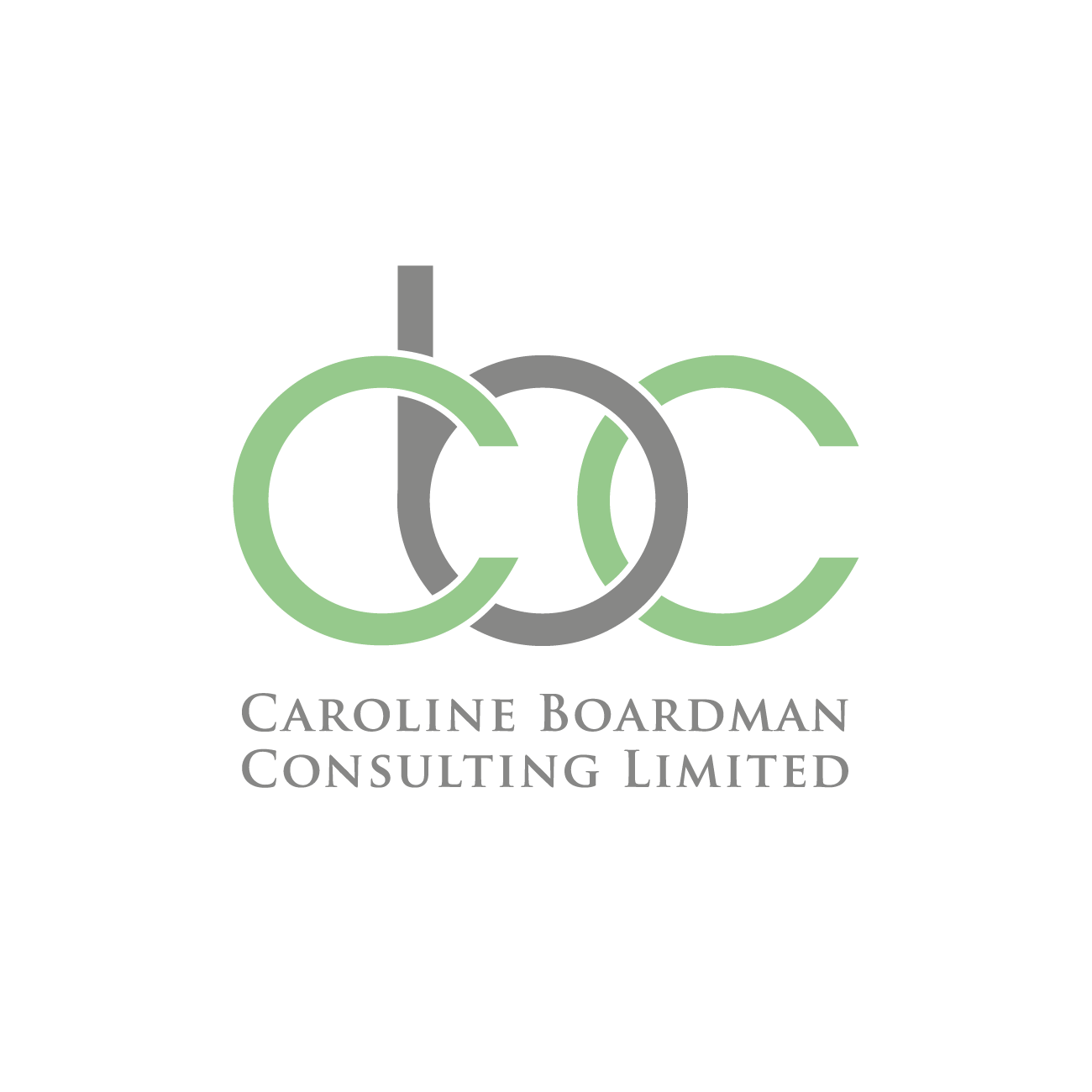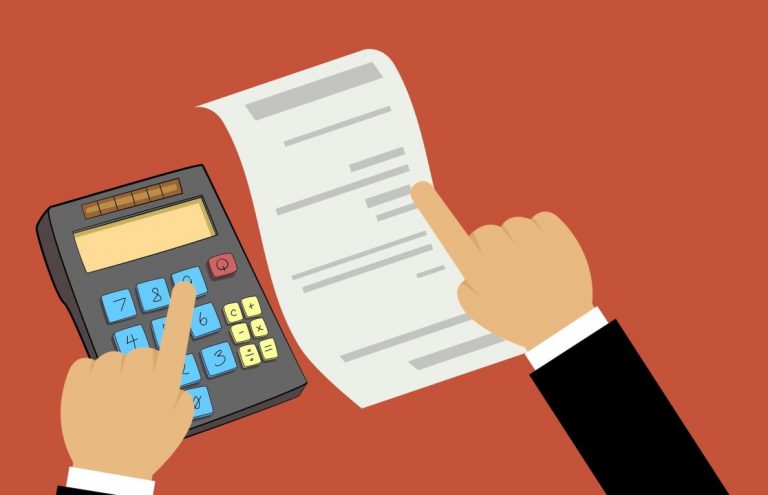If you are submitting your 2020/21 tax return this week then there’s a chance that you are going to be getting a surprise tax bill. Some of you will have some idea of what is about to come up when you hit the submit button but for others, there could be a nasty shock.
So, it’s a timely article from me giving you some tips about how to avoid a surprise tax bill in the future.
1. Get your cash management under control.
It’ll come as no surprise that I’m suggesting you get organised, but how?
Have a separate bank account for your business and personal finances and save for tax throughout the year.
Use accounting software like FreeAgent… if you keep on top of your bookkeeping in the software, the tax timeline will estimate what you owe for the last and current tax years, then you know what you need to have set aside.
As a starting point, set up a Mettle pot or Starling space for tax and move 15% of ALL income into here once or twice per month (This is part of the cash management theory set out in “Profit First”)
2. Submit your returns early.
Again, it’s more about getting organised. If you use accounting software and keep it up to date, there’s no reason why you can’t submit your self-assessment before the summer this year. REALLY! Having software set up saves so much time and automates a lot of the small business finance process, including invoicing, credit control and bank reconciliation.
Have a read of another of my articles for more reasons to be an early bird 5 reasons to file your tax return early – Caroline Boardman Consulting
3. Don’t forget about your student loan, NI and payments on account!
Get an accountant to help and advise you.
Lots of sole traders know about the 20% tax and personal allowance for income tax but not everyone remembers that class 4 NI is charged at 9% on profits between £9,569 and £50,270, 2% on profits over £50,270 and class 2 NI is £3.05 a week (so, £158.60 for the full year).
Also if you have outstanding student loan payments to be made, this is now paid via your self-assessment at 9% on any profits over £19,895 (Plan 1) and not until your profits are over £27,295 (Plan 2).
And then there is the dreaded payment on account. See this article for more detail on that…. (7) What is HMRC’s payment on account for self-assessment? | LinkedIn
4. Make sure you are claiming any allowable expenses.
Head over to my Insta page to find out more…. https://www.instagram.com/p/CYliP-FopA_/?utm_source=ig_web_copy_link
5. Outsource. Get an accountant and/or a bookkeeper and see this as an investment in your business, rather than a cost… honestly we aren’t all bad and we can help and advice you throughout the year, not just once a year to give you a tax bill. Me and my team at CBC are much more hands on, if you want and need us to be.
If you have Corporation tax, self-assessment, payments on account, PAYE and VAT… you really need an accountant in my opinion. Believe me, I get the whole control thing as it’s your own business but if you are running a successful business, you don’t have time to be the financial controller and bookkeeper too. Outsource it.
In summary, the best way to avoid a surprise tax bill is to find an accountant who is a good fit and get organised!



